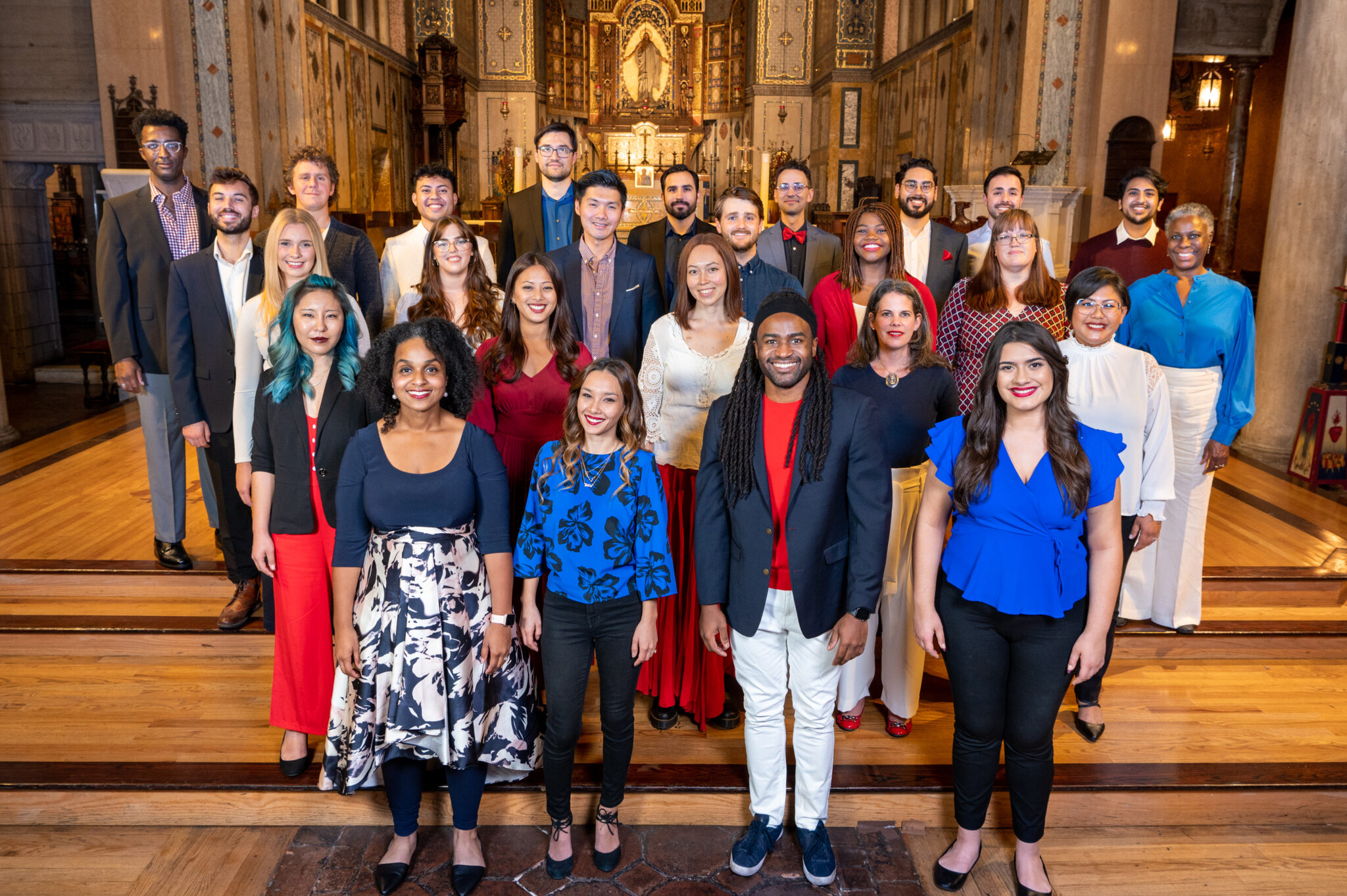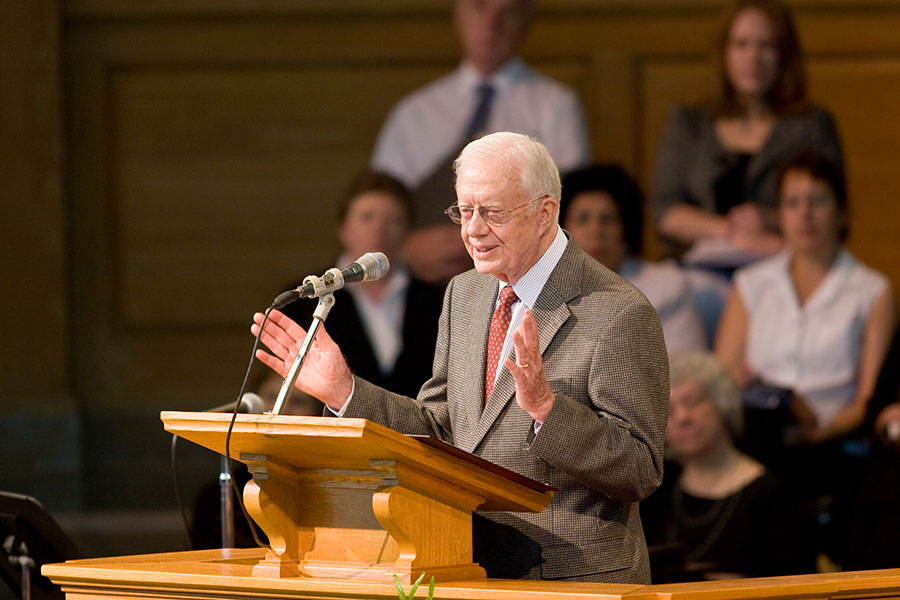Still a beacon for hope?
Assistant Professor of Political Science Will Walldorf, an expert in U.S. foreign policy, says a broad national debate is needed to address the nation’s ambivalence toward human rights as the U.S. continues to address terrorism and the country’s post 9/11 place in the world.
What is the state of our human rights policy today?
Human rights groups are becoming disheartened and discouraged. One example is the slow progress toward closing Guantanamo Bay. President Obama, unlike candidate Obama, is fully informed of the extensiveness of threats to the country. Once a president enters office, campaign promises have to be re-evaluated. Priorities and positions often change. That’s what we are seeing with Guantanamo today.
If the president’s primary concern is national security, how do human rights issues become a priority?
It’s the legislative branch and not the president that really drives the pursuit of human rights policies. It’s misplaced hope to charge the president with these decisions.
What role does Congress play in the planned move of prisoners from Guantanamo to a prison in Illinois?
The president initiated the order, but Congress must vote on whether to purchase the facility. There should be significant debate on this since U.S. citizens are concerned about terrorist suspects on American soil. There’s also the question of how transferring detainees from Guantanamo to the U.S. might affect the legal rights of terrorist suspects.
Would moving the prisoners improve our human rights standing in the world?
It’s one step. The deeper question is how and where will terrorist suspects be brought to trial and how deep is the legal black hole for those accused. These questions will not be resolved by moving a few GITMO prisoners onto U.S. soil. For example, there are more than 600 prisoners in Afghanistan at the Bagram airbase — a facility that also needs review if America hopes to improve its human rights reputation.
Is America still seen as a leader in human rights?
During the Cold War, the U.S. distinguished itself in the world community by comparing our values against those of the Soviet Union. Since the 1990s we have not had that comparison, and as a result, the U.S. is redefining its position in the world. Unfortunately, our lack of action in Bosnia and Rwanda seem to indicate a reticence to get involved that has been chipping away at human rights.
What do you think is causing the restraint?
Since 9/11, Americans have become gun shy about getting too deeply involved in the domestic policies of other countries. We are not debating whether or not there are serious human rights issues that need addressing, but instead whether the U.S. has a moral right to involve itself in other country’s domestic policies.
Will a blanket American policy on human rights eventually emerge?
The two most important factors required for Congressional action on human rights issues are a serious humanitarian crisis and grassroots pressure — especially from powerful groups such as Amnesty International. So the more pressure on legislative representatives, the more likely they will react to human rights violations. Involvement in human rights issues is a multifaceted and complicated question that is best addressed one crisis at a time.



